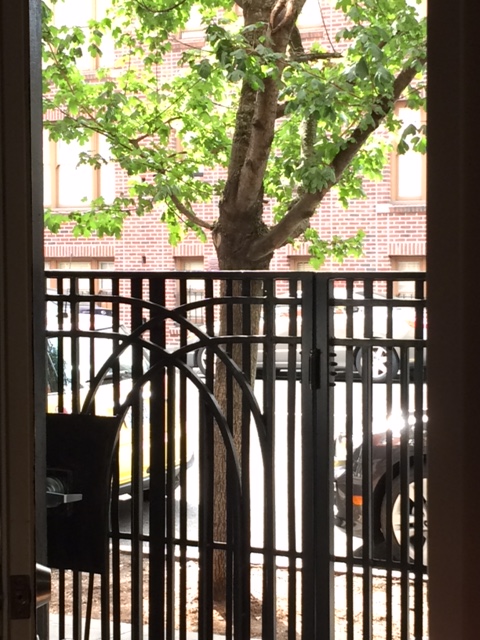
My twenty-nine year old son is going to turn me into a tree when I die, I’m pretty sure. I think he/they should do whatever they want, and whatever they need.
I am reading a novel called Beautiful Day by Elin Hilderbrand, in which a woman, dead for seven years, left a notebook written for her young daughter’s future wedding. “The Notebook” came complete with excruciatingly detailed directives. Maybe the sentiment is nice, but to me it screams control freak.
Death is one of those scary things that we can’t even pretend to control. We are forced into submitting, and for the most part none of us like it.
I think our culture does a lousy job preparing us for death, which doesn’t make much sense. It’s one of the classes they should add to our high school curriculum, along with Lasting Relationships, Parenting with Boundaries/Love (same thing, my dad says), How to Forgive, How to Train Your Pets, and Housekeeping/Laundry Basics.
Elisabeth Kubler-Ross wrote the definitive primer about dying in 1969, called On Death and Dying. It’s worth the read. I owned it for years before I could talk myself into looking at it. Yukky subject. Or so says my conditioning.
Dr. Kubler-Ross was a Swiss-American psychiatrist (1926-2004) who interviewed and studied people while they were dying. Of course there are many things to learn from her work, the most widely known being her theory of the five stages of grief (denial, anger, bargaining, depression and acceptance).
My takeaway from the book was how much better it will be to mentally prepare myself for death, starting now, before it is a known, immmediate issue for me.
Dr. Kubler-Ross says that we should all seriously consider what we believe happens after death. She says to spend time with the thought, and then let it go for awhile. Then, the next time you encounter it, for instance when a neighbor dies, think about it again. Then let it go again.
She says that by the time you do this a few times, you will come to a belief. Elisabeth Kubler-Ross says that this belief will result in a comfort level for you about your own death. She says that then, when you hear that your own death may be imminent, it will feel okay. It will freak you out a lot less.
Here are a few of her quotes:
“Dying is nothing to fear. It can be the most wonderful experience of your life. It all depends on how you have lived.”
“Those who learned to know death, rather than to fear and fight it, became our teachers about life.”
“For those who seek to understand it, death is a highly creative force. The highest spiritual values of life can originate from the thought and study of death.”
“I’ve told my children that when I die, to release balloons in the sky to celebrate that I graduated. For me, death is a graduation.”
Here’s my favorite song about life, I Believe in You, by Don Williams. I think the two subjects are beautifully complementary.
Here’s a link to the tree. He’s texted it to me not once, but twice, many months apart. I guess I have a bit of a natural edge to me, so I’m thinking he’s thinking it’s a good fit. Cracks me up.
You might want to follow the foundation of Dr. Elisabeth Kubler-Ross on Twitter @kublerross